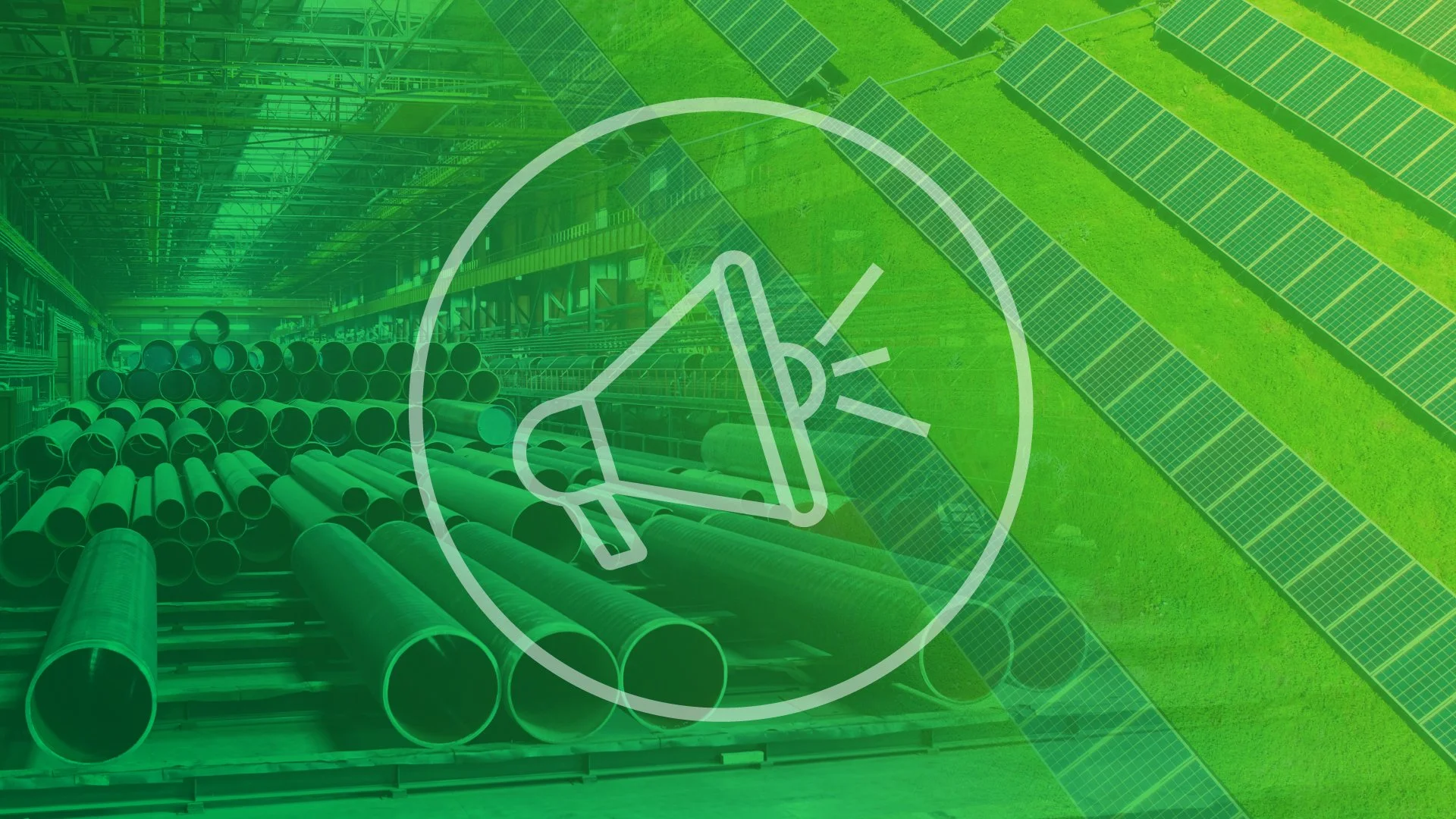REMADE Announces Request For Information to Turbocharge the U.S.’s Transition to a Circular Economy
ROCHESTER, N.Y. — Jan. 21, 2022 — The REMADE Institute, a 141-member public-private partnership established by the United States Department of Energy (DOE) with an initial investment of $140 million, today issued a Request for Information (RFI) to further accelerate the U.S.’s transition to a Circular Economy.
Responses to REMADE’s RFI will inform revisions to the Institute’s technology roadmap, which is currently focused on reducing the use of raw and virgin, or primary, materials; increasing remanufacturing and the use and supply of recycled, or secondary, materials; and fostering circular innovations. The RFI will also address REMADE’s sustainability strategy, including developing Circular Economy approaches that will help address climate change economy-wide.
At the recent U.N. climate conference, COP26, in Glasgow, Scotland, experts from across the globe — including REMADE members, partners and stakeholders — discussed Circular Economy solutions to achieve net-zero by 2050. REMADE CEO Nabil Nasr said the Institute’s RFI is a natural next step.
“Over the last five years, REMADE has invested or allocated more than $85.6 million to develop innovative technologies to reduce energy consumption and decrease carbon emissions,” Nasr said. “Given REMADE’s projected impacts so far, it’s important to see how we can further accelerate the U.S.’s transition to a Circular Economy — to turbocharge it.”
The connection between industrial development and climate change is significant. According to the U.S. Department of Energy, manufacturing accounts for 25% of U.S. energy consumption at a cost of approximately $150 billion. Based on data from the U.S. Environmental Protection Agency, industry is the single largest contributor to greenhouse gas emissions in the nation at 30%.
This is why a circular approach to manufacturing — “make-use-reuse-remanufacture-recycle” — is so important, Nasr said.
“If we don’t reduce industrial energy consumption and industrial emissions, research shows we will only get a little more than halfway to net-zero by 2050, about 55% of the way,” he said. “A Circular Economy approach to how we manufacture and use everyday products can help us get all the way to net-zero.”
REMADE Chief Technology Officer Magdi Azer says the Institute has focused its efforts and investment dollars on increasing the reuse, remanufacturing, recovery and recycling of four energy-intensive material classes: metals, plastics/polymers, fibers, and electronic waste (e-waste). In addition to seeking feedback regarding these current activities, the RFI asks where REMADE should focus its efforts relative to electric vehicles (EV) and photovoltaic (PV) solar power as part of the Institute’s future planning.
“Having invested in a suite of technologies to increase the reuse, remanufacturing, recovery and recycling of metals, polymers, fibers and e-waste, REMADE is evaluating how to proactively respond to megatrends such as climate change, resource scarcity, and technological breakthroughs in its research agenda,” Azer said. “The RFI will assist us in answering these questions.”
Those interested in learning more can read the detailed RFI here. Innovators and researchers with industry, academia, government, and the non-profit sector who are interested and involved in the nation’s transition to a Circular Economy are especially encouraged to respond. Responses can be submitted in either short-form or long-form.
For details on REMADE’s 2020 Technology Roadmap, review the Institute’s roadmap here.
REMADE, part of the nation’s Manufacturing USA® network of 16 advanced manufacturing institutes, and its members are developing technology solutions that are capable of:
Saving more than 1 Quad of energy per year, which is the equivalent of conserving more than 180 million barrels of oil a year
Reducing 50 million metric tons per year in greenhouse gas emissions, which is the equivalent of eliminating the annual emissions of 11.5 million cars
Increasing the supply and use of recycled materials by more than 40 million metric tons per year
Creating up to 700,000 direct and indirect jobs, enhancing the U.S. economy and increasing the nation’s competitiveness
Responses to REMADE’s RFI are due by 5 pm ET on Tuesday, Feb. 22, 2022.
About REMADE
Founded in 2017, REMADE is a 141-member public-private partnership established by the U.S. Department of Energy with an initial investment of $140 million. REMADE is the only national institute focused entirely on the development of innovative technologies to accelerate the U.S.’s transition to a Circular Economy. In partnership with industry, academia, and national laboratories, REMADE enables early-stage applied research and development that will create jobs, dramatically reduce embodied energy and greenhouse gas emissions, and increase the supply and use of recycled materials. The cumulative, five-year embodied energy savings, greenhouse gas reduction, and increase in recycled materials use expected to result from REMADE’s investment is approximately 1 Quad of energy, about 50 million metric tons of CO2equivalent greenhouse gas reduction, and more than a 40 million metric tons per year increase in the supply and use of recycled materials, respectively. For additional information about REMADE, visit www.remadeinstitute.org.
For additional information, contact:
Megan Connor Murphy
Director, Marketing and Communications
REMADE Institute
585-213-1036 office
585-339-8379 cell

